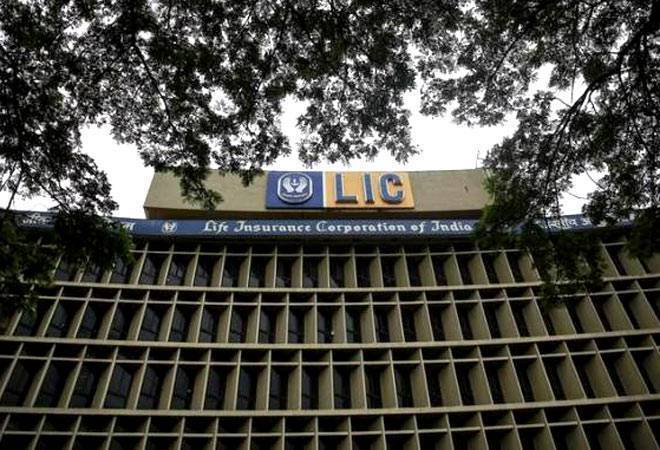 12-03-2021
12-03-2021
LIC IPO estimated at Rs 400-600 per share

 Insurance Alertss
Insurance AlertssLIC IPO estimated at Rs 400-600 per share
The initial public offer (IPO) of the giant Life Insurance Corporation (LIC) is likely to be at Rs 400-600 per share assuming Rs 25,000 crore as paid-up capital and an overall valuation between Rs 10-15 lakh crore.
The price is actually a function of capital and valuation. The government has already proposed increasing the capital base from the existing Rs 100 crore to Rs 25,000 crore. This Rs 25,000 crore would be the authorised capital of the corporation to facilitate listing as under the current low capital base, the IPO price would go in lakh on per share basis. In fact, LIC doesn't need much capital because of the sovereign guarantee.
The new authorised share capital is planned as Rs 25,000 crore which would be divided into 2,500 crore shares of Rs 10 each as per the amendments proposed in the LIC Act, 1956. Assuming, the authorised capital as the paid-up capital, the LIC would have a total share capital of 2,500 crore shares of a face value of Rs 10 each. The second part of the IPO price calculation is the embedded value (EV) and the overall valuation of the corporation. The exercise to compute the EV is currently under progress. Once EV is known, the investment banks in consultation with anchor investors will fix the price, which will be at a certain multiple of EV.
The Chief Economic Advisor K.V. Subramanian had earlier hinted that the government could mop up Rs 90,000 crore by selling 6-7 per cent stake in LIC. This was the first statement by any senior government functionary on the IPO issue after Finance Minister Nirmala Sitharaman announced plans for LIC's IPO in her FY21 Budget speech. The CEA had said that he has done some back-of-the-envelope calculations, based on which the overall valuation was estimated at around Rs 12.85-15 lakh crore. Given the two key variables of total capital and the likely valuation, the IPO price comes out to be between Rs 400 to Rs 600 per share.
But IPO price may change if the government decides to issue a lesser paid-up capital from the authorised 2,500 crore shares to say 1,500 crore shares or lesser 1,000 crore shares. Similarly, the actual valuation figures will also change the pricing. The valuation of 64-year-old LIC is a very complex exercise. LIC is governed by a special LIC Act with the insurance regulator, Insurance Regulatory and Development Authority of India (IRDAI) having very little say in regulating its operations. Secondly, the product mix of LIC is also very different, which is skewed towards savings than protection (as against other listed life insurers). There is also a sovereign guarantee backing every policy.
The actuarial firm will first make assumptions about mortality rate, profit margins, etc. to zero in on the present value of existing business to arrive at the EV. There are also concerns about a unique profit-sharing arrangement under which policyholders pocket 95 per cent surplus and shareholders (right now, Government of India) get 5 per cent. This arrangement would make a downward revision in LIC's valuation. But there are also favourable factors like the huge market share, a brand equity, real estate in prime locations and the stake in LIC Housing Finance, IDBI Bank, etc.
According to proposed amendments, the government plans to hold at least 75 per cent in LIC's equity for the first five years post the IPO, and later reduce its holding to a minimum of 51 per cent. It also plans to reserve up to 10 per cent of the LIC IPO issue size for policyholders.
Source: Business Today
